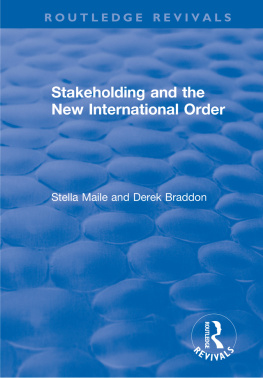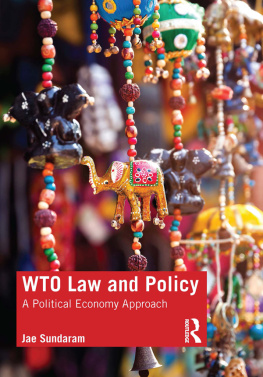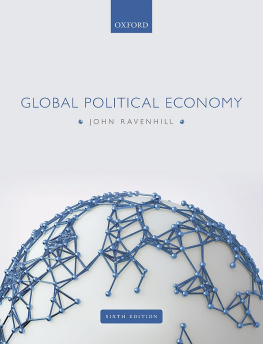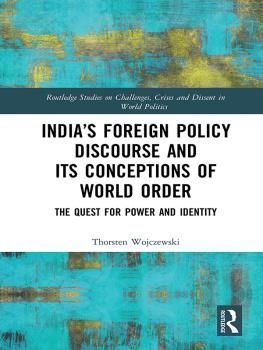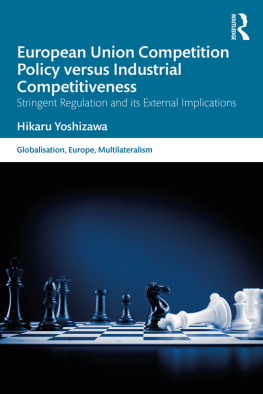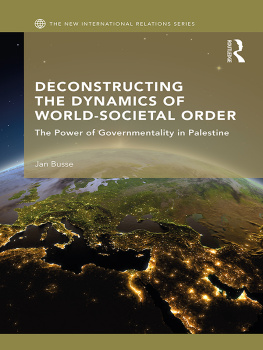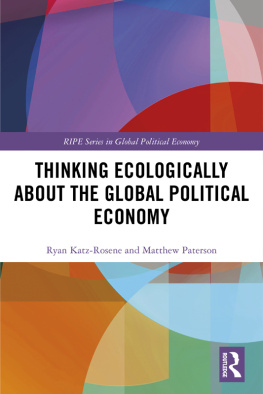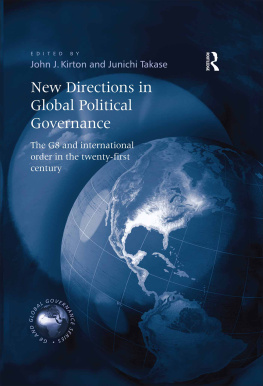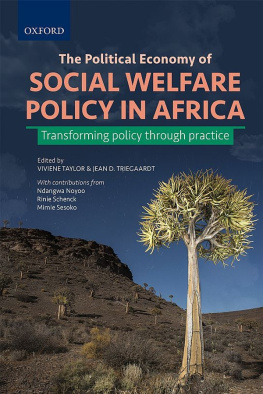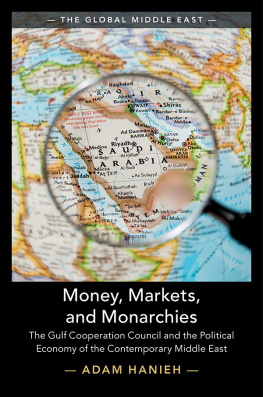First published 2003 by Ashgate Publishing
Reissued 2018 by Routledge
2 Park Square, Milton Park, Abingdon, Oxon OX14 4RN
711 Third Avenue, New York, 10017, USA
Routledge is an imprint of the Taylor and Francis Group, an informa business
Copyright Stella Maile and Derek Braddon 2003
All rights reserved. No part of this book may be reprinted or reproduced or utilised in any form or by any electronic, mechanical, or other means, now known or hereafter invented, including photocopying and recording, or in any information storage or retrieval system, without permission in writing from the publishers.
Notice:
Product or corporate names may be trademarks or registered trademarks, and are used only for identification and explanation without intent to infringe.
Publisher's Note
The publisher has gone to great lengths to ensure the quality of this reprint but points out that some imperfections in the original copies may be apparent.
Disclaimer
The publisher has made every effort to trace copyright holders and welcomes correspondence from those they have been unable to contact.
A Library of Congress record exists under LC control number: 2003105083
ISBN 13: 978-1-138-70850-1 (hbk)
ISBN 13: 978-1-315-19857-6 (ebk)
Chapter 1
Introduction
In the mid-1990s, stakeholding appeared to be both a politically and ideologically contentious concept. This was largely due to the diverse national contexts from which it emerged and its identification with an array of different welfare states and economic and organisational models. What was regarded as the closer, co-operative relations and trust-inducing characteristics of German, Scandinavian and Japanese approaches to workplace relations and welfare, inspired debate focused upon re-evaluating economic policies to take into consideration the needs of communities, employees and others affected by the daily operations of business and markets.
In Britain, the stakeholding debate brought into the foreground the merits of a re-cast Keynesianism committed to near full employment, appropriate capital and corporate restraints, long term investment and universal protection for the unemployed or physically or mentally infirm. Such a strategy would require the fostering of a particular type of relationship between government, the financial sector, the business community and trade unions, versions of which were seen formerly in Germany and the Scandinavian countries. Although Japanese variants were also identified within the short-lived stakeholding debates of the late 1990s, it was principally the Rhenish and Scandinavian models which seemed to hold promise as role models for the ideas popularised by, for example, Will Hutton (1995).
It would appear now that such models have been abandoned by those once impressed by the stakeholding concept. Despite constant references to the lessons provided by German economic co-determination, that country has come under pressure to reform its industrial relations system by de-coupling the close relationship between government and the trade unions to make it more 'investor friendly' for a globalised world. The Scandinavian economies, too, are conforming to the political and economic orthodoxy of recent years: the single-minded drive for enhanced 'enterprise' and competition.
In the UK, rather than learning from our European neighbours in an attempt to counter the worst excesses of neo-liberal economic policies, we continue to work within the doctrine of Anglo-Saxon approaches to workplace relations and integration, these promoting individualism and personal effort to the detriment of collective bargaining. Within the various policy-making branches of the European Union, the focus is increasingly upon the importance of individual adaptation to 'flexible labour markets' and competition. Stakeholding economics now appears to have been sacrificed on the altar of a re-born neo-liberalism. Given this inflection, it is perhaps revealing that Hutton's work tends to focus on society over and above economy while recognising the enmeshment of one with the other.
In his earlier writings, Hutton argued that a stakeholding approach would require keeping a close eye on the operations of markets and business activities and a regulatory framework out of keeping with the dominant economic policies of neo-liberalism. The latter became viewed as a fact of globalisation, beyond the capacity of individual nation states to challenge. This resulted in a shift of attention away from the importance of re-casting the principles of classical economics as a means of combating dire social inequalities to a preoccupation with the social and cultural problems of globalisation. Instead of re-thinking the relationship between the operations of financial markets and local or national communities (Hutton, 1995; Plender, 1997) these same communities are being encouraged to adapt to the inevitabilities of 'economic globalisation'.
As part of this development, the stakeholding debate became displaced by a surge of interest in Third Way politics, with stakeholding appearing only as a supplementary term in political rhetoric. The Third Way does not question the fundamental logic of neo-liberal or orthodox economic policy but rather seeks to modify its more extreme excesses as these occur at societal and cultural levels. The inevitability of economic globalisation is broadly accepted (Hall, 1998; Held, 1995; Jessop, 2001; Giddens, 2000).
Perhaps not surprisingly, the Third Way (not socialism, not free-market capitalism) draws largely from Anglo-Saxon economic models, and was already heavily inscribed with managerial and entrepreneurial discourses we now identify with what has become known as 'Thatcherism'. To temper the aggressive individualism of that period, it has now become important to recognise the skills and contributions of employees as 'social capital'. The impact of neo-liberalism on all areas of social and political life as this occurs at the level of both the nation state and civil society requires a corresponding reshaping of democracy and cultural practices.
According to some globalisation theorists, stakeholding was rejected because, as an example of neo-Keynesianism, it relies upon the autonomy of the nation state to pursue its economic policies unilaterally. They contend that such autonomy has been seriously undermined by growing global economic integration (Held, 1995). Elaborating on this and other arguments in this book, we attempt to locate our discussion of stakeholding and its apparent demise in a range of political, strategic and economic developments that define a new post-Cold War 'global' environment. We argue that stakeholding has been subordinated to the management of societal and political fragmentation in the face of continued support for neo-liberalism.
In this respect it cannot be divorced from the impact of shifting geo-political relations and tensions which are the basis of emerging forms of international governance, or from the economic, political and social struggles to deliver some kind of meaningful and lasting 'peace dividend' from the cessation of the super-power arms race. Notwithstanding, it would be impossible to discuss the rise and fall of the stakeholding debate without placing it within broader discussions of the various attempts on the part of major international players to re-shape and play upon different notions of 'democracy'.

